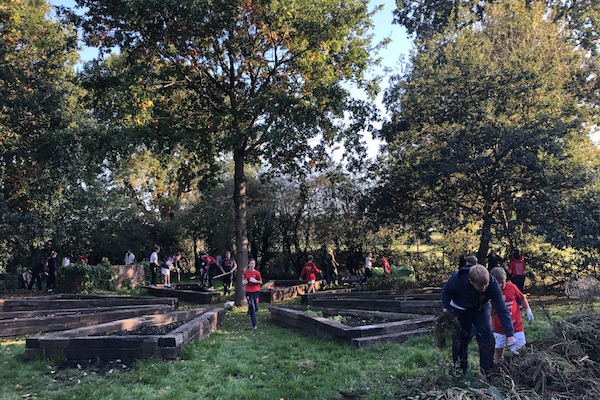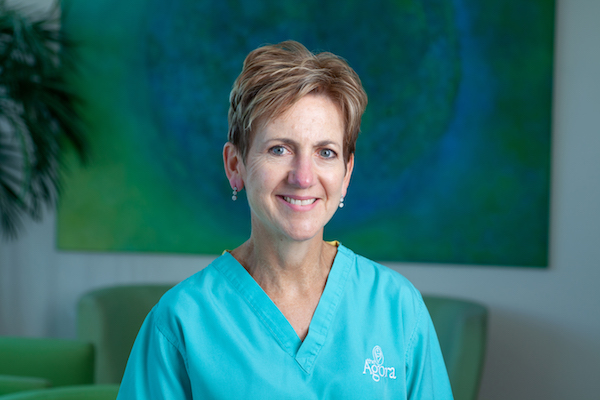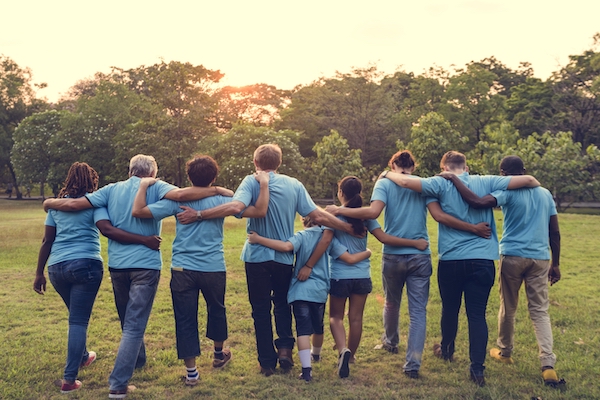
Firstly, Hurst College uses the term co-curricular rather than extra-curricular. Why is this?
We regard co-curricular activities as being key to the all-round education of every individual student, and use the term co- curricular because we believe that the activities should run alongside the academic curriculum as part of the weekly timetable. We value what goes on outside of the classroom as much as what goes on inside, as skills that are learnt through these activities can be transferred to the classroom.
Sport and games are compul- sory throughout the week and our service afternoon is compulsory for students in Years 10 and 11. The majority of our Sixth Formers continue to be involved with the service afternoon programme, dance and drama are compulsory for Year 9 students and have protected slots as part of the weekly time- table. Music activities such as the choir, orchestra and jazz band have protected slots during the afternoon timetable. Specialist sports during timetabled games
sessions include mountain-biking archery, climbing, rowing and sailing.
Through these activities students will not only gain certain skills and develop a range of qualities but we hope they will also be introduced to a pastime or hobby which they can enjoy throughout their lives.
Why are co-curricular opport- unities so important in a child’s education?
The range of activities provide many opportunities for our students to try new ventures, confront risks and learn from experience – all crucial aspects in developing skills for life. The aim of our co-curricular programme is to equip our students with the skills and experience to make a success of their lives beyond Hurst.
Respect, responsibility, resil- ience and reflection are learnt through the programme, and students also learn how to communicate with each other as part of a team and in leading a team. The various activities also help them to become accurate decision-makers – another important asset for later life. Benefits from the more physical activities help to improve students’ health, wellbeing and fitness levels in order to maintain a balanced lifestyle.
Which co-curricular events tend to be the most popular among students?
We encourage our students to engage in as much of the co- curricular programme as possible – whether that is as a member of one of our dance companies or sports teams, performing in one ofourdramaormusicproductions or taking part in the Duke of Edinburgh award.
We have highly qualified expert staff to deliver the activities and to bring out the best in each student – and some students discover talents they didn’t realise they had. For example, first team rugby players have also taken lead roles in our Dance Showcase and musicals. By the time students leave Hurst, the majority will have performed in a sports team, on a dance floor, on the stage, as well as having marched with the CCF and been in- volved with recycling or another environmental activity as part of the service afternoon.
Do you actively encourage girls to get involved in activities traditionally favoured by boys – and vice versa?
Our co-curricular programme is not focused on gender and therefore the activities are not gender-specific. For example, boys are as equally involved in dance as the girls. In sport, some of the teams are made up of boys and girls – particularly cricket and hockey. Hurst boys and girls are strongly supportive of each other, whatever the activity, a characteristic for which the college is renowned.





